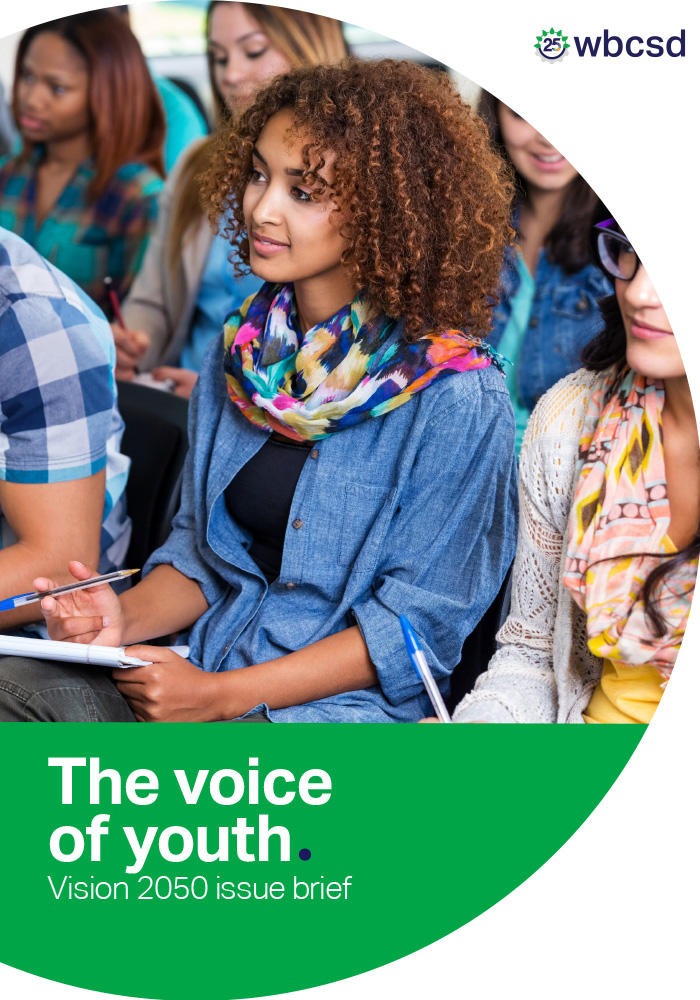
As businesses globally continue to align around critical global efforts to drive the systemic transformations that will be needed to help achieve the Sustainable Development Goals, one stakeholder group with whom it is vital that the private sector remains closely engaged is the world’s young people.
When it comes to stakeholder engagement by business, understanding the points of view of younger generations can often be overlooked. However, when it comes to the task of advancing sustainable development, there are arguably few more important voices than those of young people around the world. Globally, those born after 1985 now outnumber those born earlier, and in recent years it has increasingly been younger generations that have been at the forefront of activism around critical environmental and social issues. The efforts of business and governments to advance the sustainable development agenda must therefore be in line with the expectations of young people as agenda-setters, and essential participants in transformation.
As part of its work to update its Vision 2050, the World Business Council for Sustainable Development (WBCSD) is releasing an issue brief exploring the attitudes and expectations of young people from both within the private sector and across society more broadly.
The Voice of Youth issue brief draws from two survey that were issued by the Council during the course of 2020, filled out by a total of 579 individuals, with an average age of 28 and spread across dozens of countries. One survey targeted young people working for a selection of WBCSD member companies and was circulated among companies’ youth and future leader networks. A second survey was distributed via the UN Sustainable Development Solutions Network’s Youth initiative (SDSN Youth) to its partners around the world, including students and young professionals working in the United Nations and in international development.
Drawing upon the results of these surveys, the issue brief explores:
- How young people are feeling about the world that awaits them in 2050;
- What they perceive as some of the most important barriers to progress on key environmental and social issues;
- How well they believe business is responding to global challenges; and
- What they expect business to be prioritizing moving forward.

